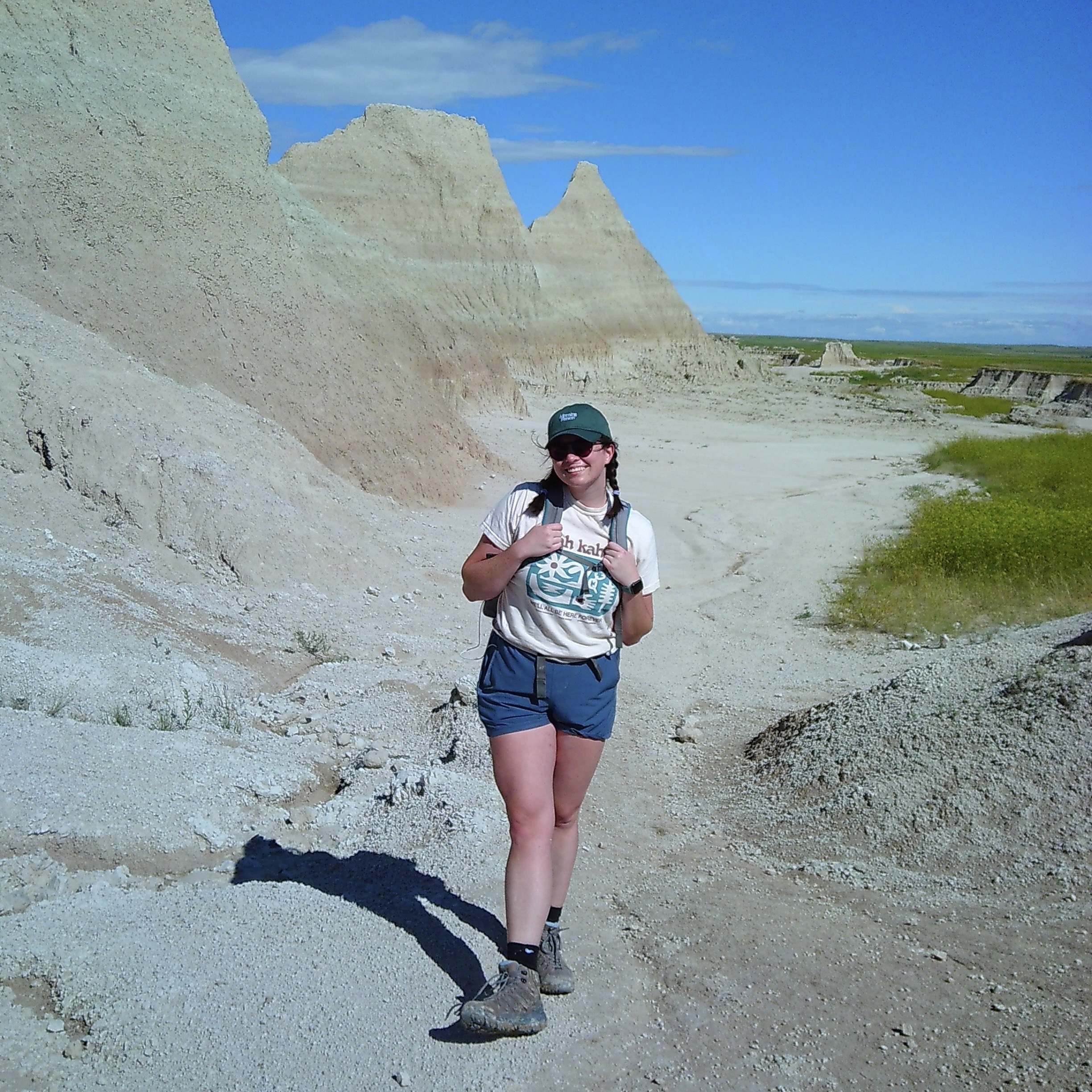Catherine Slaughter, M.Sc.
She/Her
Astrophysicist | Scicomm Enthusiast
Imagining Others Complexly
Astrobites
Github
ORCiD

View all posts
Academic Standing
The Hidden Curriculum Syllabus
The Hidden Curriculum Syllabus
Have a guest post to submit? Send me an email at the address listed in the sidebar, with subject "AS guest post (topic)"
What is the “hidden curriculum”?
“This” my AP Literature teacher announced from the front of the classroom, “is exactly the sort of thing you’re going to be expected to know next year, but may not have been taught to you.” On the board, she projected a simple lesson, found online, titled How to Write a Professional Email. “It’s called the hidden curriculum, ladies, and far too often, students are not given the benefit of the doubt when they don’t know it.” I was not always a diligent note-taker, but I remember writing down every word.
Of the many lessons I learned in AP Lit my senior year of high school, my teacher’s words from that early autumn morning continue to stick out to me to this day. As someone who has often struggled, and sometimes continues to struggle, with unspoken social rules and expectations, I spend far too much of my time thinking about the hidden curriculum.
As defined in Semper and Blasco (2018), the hidden curriculum is “what is implicit and embedded in educational experiences in contrast with the formal statements about curricula and the surface features of educational interaction”. Or, in simpler terms, the hidden curriculum is all the things you are expected to learn and know as a student, but that are not explictly taught. These can be things like how to write a proper email, the best way to engage with a professor or other staff members, course selection, and much more. These unspoken expectations disproportionately hurt neurodivergent students, and students who do not have contacts to teach them to “play the game,” especially first-gen students.
Lack of teaching about the hidden curriculum can and does prevent early-career academics from reaching their full potentials. Often leaving students confused, or with a general sense of “not belonging” in academic institutions. While this site does NOT qualify as a formal advice blog, I simply hope that it may be of use to some student(s) to have access to a place to discuss all those things that you will not find in a textbook.
Some Quick Notes:
- I am an astronomer, and as such, my experiences and insight are often going to be biased toward astronomy and other related fields. To the extent that it is possible, I will attempt to tag posts with descriptors specifying this.
- My experiences are neither universal nor all-encompassing. If you have thoughts or experiences you’d be willing to share, consider submitting a guest post! I’m particularly interested in hearing from folks who are willing to talk about dealing with university administration, especially financial aid, but am welcome to anything!
Read more:
Orón Semper, J.V., Blasco, M. Revealing the Hidden Curriculum in Higher Education. Stud Philos Educ 37, 481–498 (2018). https://doi.org/10.1007/s11217-018-9608-5
Recent Posts:
-
How Do I Write A Cold Email?
May 25, 2023
tags: communication, email, general_advice,
Throughout undergrad, one of the greatest tools I had in my arsenal was the ability to write an effective cold email. So much so, that I wanted this to be the subject matter of my first post on this blog. In my experience, academia is often a big game of “you might as well ask,” and a properly articulated and respectful cold email is often the best way to do so.